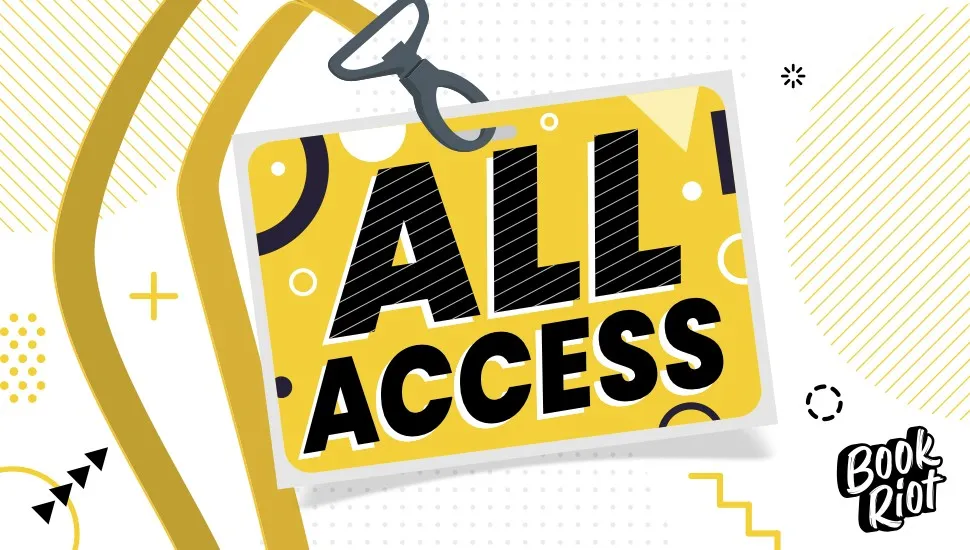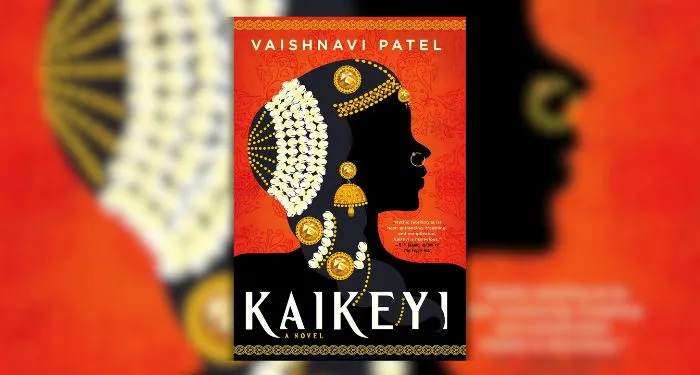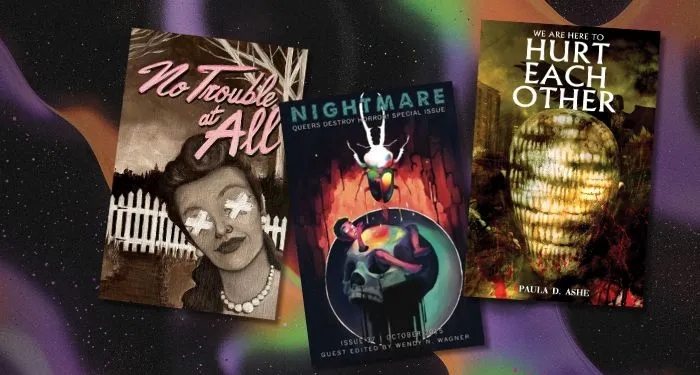The Art of Psychological Control
How to See Through Manipulation, Master Influence, and Protect Your Mind from Hidden Psychological Control
Part of Hidden Psychology series
What if the power to control your mind has always been around you — unseen, silent, and beautifully disguised?
We live in an age where influence shapes everything: the way we think, feel, vote, buy, and even love. The Hidden Minds: The Art of Psychological Control pulls you behind the curtain of human behavior, revealing how manipulation, persuasion, and emotional triggers are used every day — and how awareness becomes your ultimate defense.
Through deep psychological insights and cinematic storytelling, this book exposes:
- The invisible techniques used to plant thoughts in your mind.
- How emotional intelligence can be turned into a weapon — or a shield.
- The fine line between ethical influence and dark control.
- How to reclaim your clarity, confidence, and independence of thought.
Calm. Sharp. Unshakeable.
Once you see through manipulation, you can never be controlled again.
Excerpt from The Hidden Minds © Copyright 2025 D.D. Almutairi
Chapter One
The Roots of Control
Since the dawn of civilization, humans have sought to influence each other.
In ancient tribes, control was survival: the leader who convinced others lived; the one who failed vanished.
Today, that same instinct wears modern clothes — political campaigns, social media, marketing, leadership, relationships.
Different language, same hunger: the will to guide, persuade, and dominate.
1. The Primal Instinct
Control is not always cruelty — sometimes, it is fear in disguise.
We control others because uncertainty terrifies us.
When we can predict their behavior, we feel safe.
That’s why even a child learns to manipulate before speaking —
crying louder when it works, smiling wider when it wins.
Influence, then, is not a modern invention; it’s a biological inheritance.
Our brains are wired to follow signals of power, safety, and belonging.
The only thing that changed is how elegantly we disguise it.
2. The Psychological Need for Control
Every mind fears chaos.
We crave a sense of agency — the belief that we steer our own lives.
When that control feels threatened, the psyche begins its silent negotiation:
either we reclaim it by influencing others,
or we surrender it to someone who promises certainty.
The paradox?
Those who hunger most for control are often the ones who feel the most powerless inside.
Their manipulation is not confidence — it’s compensation.
They dominate others to quiet the chaos within.
3. Persuasion vs. Manipulation
Influence and manipulation share the same anatomy — intent is what separates them.
Persuasion illuminates; manipulation conceals.
Persuasion says, “Here are the facts; decide for yourself.”
Manipulation says, “Here’s what you should feel; don’t ask why.”
Both can change minds.
Only one respects the freedom of choice.
True mastery of influence requires empathy, not deceit —
for empathy is the only kind of control that doesn’t require chains.
4. The Age of Soft Power
We live in an era of invisible domination.
No one orders you to obey; they simply feed you content until you do.
Algorithms now know what angers you, what excites you, and what keeps you scrolling.
They don’t command you — they curate you.
It’s the age of soft power: control without confrontation.
Every advertisement, every “recommended for you” post, every viral challenge is a carefully engineered push.
You aren’t forced — you’re nudged.
And that’s what makes it terrifyingly effective.
5. The Illusion of Free Will
We love to think we choose.
We say, “I bought this because I liked it,”
but we forget: we liked it because we were told to.
Influence works best when you don’t notice it.
That’s its genius — the manipulation you see loses power the moment you name it.
So the next time you feel a sudden urge to agree, buy, or follow — pause.
Ask yourself, “Whose thought is this really?”
Because the moment you ask that question,
you’ve already taken the first step back toward freedom.

My profession is online marketing and development (10+ years experience), check my latest mobile app called Upcoming or my Chrome extensions for ChatGPT. But my real passion is reading books both fiction and non-fiction. I have several favorite authors like James Redfield or Daniel Keyes. If I read a book I always want to find the best part of it, every book has its unique value.




















 English (US) ·
English (US) ·